Sorghum Seeds
Sorghum, scientifically known as Sorghum bicolor, is a versatile cereal grain that belongs to the grass family Poaceae. This annual plant exhibits considerable diversity in terms of size, type, and characteristics.
₹1,000.00
Sorghum Seed: A Comprehensive Overview
Plant Description: Sorghum, scientifically known as Sorghum bicolor, is a versatile cereal grain that belongs to the grass family Poaceae. This annual plant exhibits considerable diversity in terms of size, type, and characteristics.
- Plant Size: The size of sorghum plants varies depending on the variety and growing conditions, but they typically range from 2 to 8 feet in height. Some dwarf varieties exist for specific purposes, such as forage.
- Plant Type: Sorghum plants can be classified into two main types: grain sorghum and sweet sorghum. Grain sorghum is primarily grown for its seeds, which are used as a cereal grain, while sweet sorghum is grown for its sweet juice extracted from the stalks, often used for making syrup or biofuels.
- Taste: Sorghum grain has a mild, slightly nutty flavor, making it a versatile ingredient in various culinary applications. The taste of sweet sorghum juice is notably sweet, similar to molasses or sugarcane.
- Color: The grain of sorghum can vary in color, including white, red, brown, and even black, depending on the variety.
Soil Type for Growth: Sorghum is known for its adaptability to different soil types. It thrives in well-drained soils with a pH level ranging from 6 to 7.5. Sorghum can tolerate drought conditions and is often grown in regions with limited water resources.
Production Regions: Sorghum is cultivated worldwide, with major production regions including Africa, Asia, the United States, and parts of South America. In India, the major sorghum-producing states are Maharashtra, Karnataka, Andhra Pradesh, and Telangana.
Maturity Period and Environmental Conditions: The maturity period of sorghum varies depending on the variety and environmental conditions. Typically, grain sorghum matures in about 90 to 120 days after planting. It thrives in warm climates with temperatures between 75°F and 85°F (24°C to 29°C) and requires adequate sunlight.
Physical Properties and Ingredients:
- Grain: Sorghum grains are small, round, and vary in color. They are composed mainly of carbohydrates, primarily starch, and also contain protein, fiber, and essential minerals like potassium, magnesium, and iron.
- Stalks: In sweet sorghum, the stalks contain a sweet juice that can be extracted and processed into syrup, ethanol, or biofuel.
Shelf Life After Harvesting and Storage Conditions: Sorghum grain has a relatively long shelf life when stored properly. When kept in cool, dry, and airtight containers, it can last for up to several years without significant quality deterioration. Proper storage is essential to prevent moisture and pest damage.
Uses and Consumers: Sorghum has a wide range of uses and consumers:
- Food: Sorghum grains are used in various culinary applications, including making flour for bread, porridge, and cereals. It can also be popped like popcorn or used in gluten-free products.
- Animal Feed: Sorghum is a valuable ingredient in livestock and poultry feed due to its nutritional content.
- Biofuel: Sweet sorghum can be used to produce ethanol, serving as a renewable source of energy.
- Syrup: Sweet sorghum juice can be processed into syrup, molasses, or jaggery, which is used as a sweetener in various food products.
- Forage: Some sorghum varieties are grown for forage and silage, providing feed for livestock.
- Traditional Medicine: In some cultures, sorghum is used in traditional medicine for its potential health benefits.
In conclusion, sorghum is a versatile crop with diverse varieties and uses, making it an important agricultural commodity in many parts of the world, including India. Its adaptability to different environmental conditions and long shelf life contribute to its popularity among both producers and consumers.

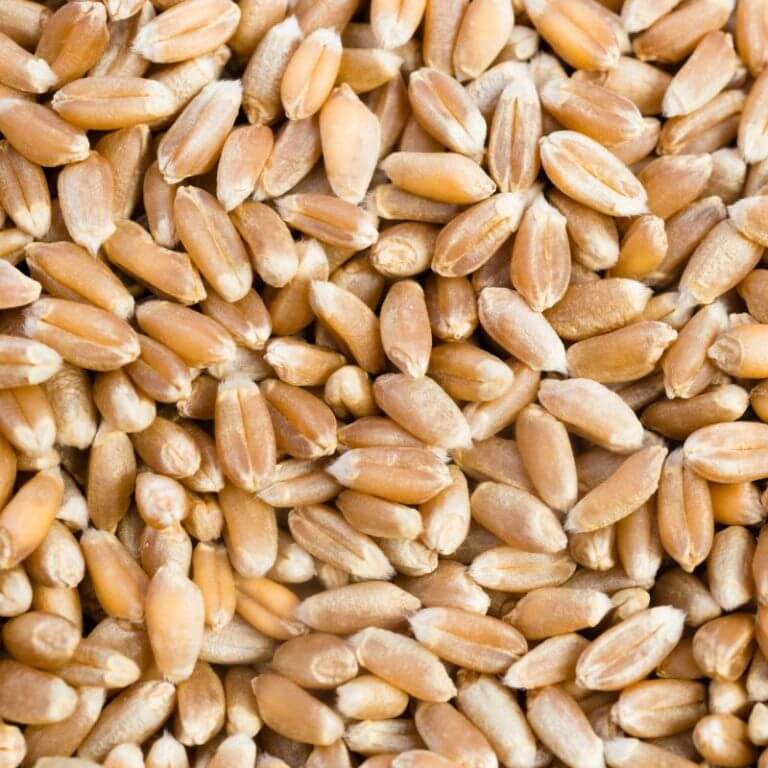

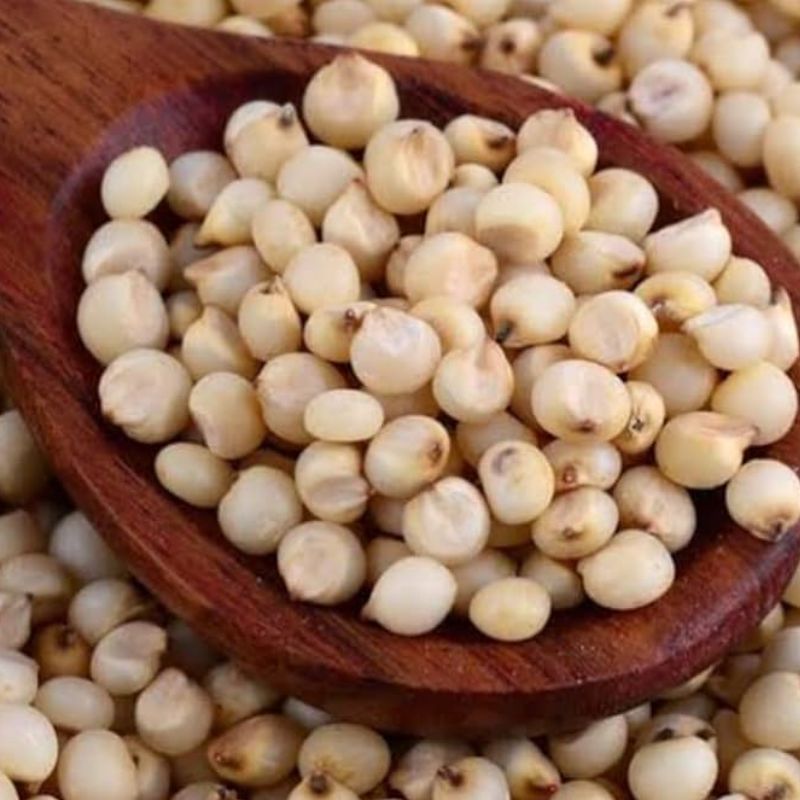
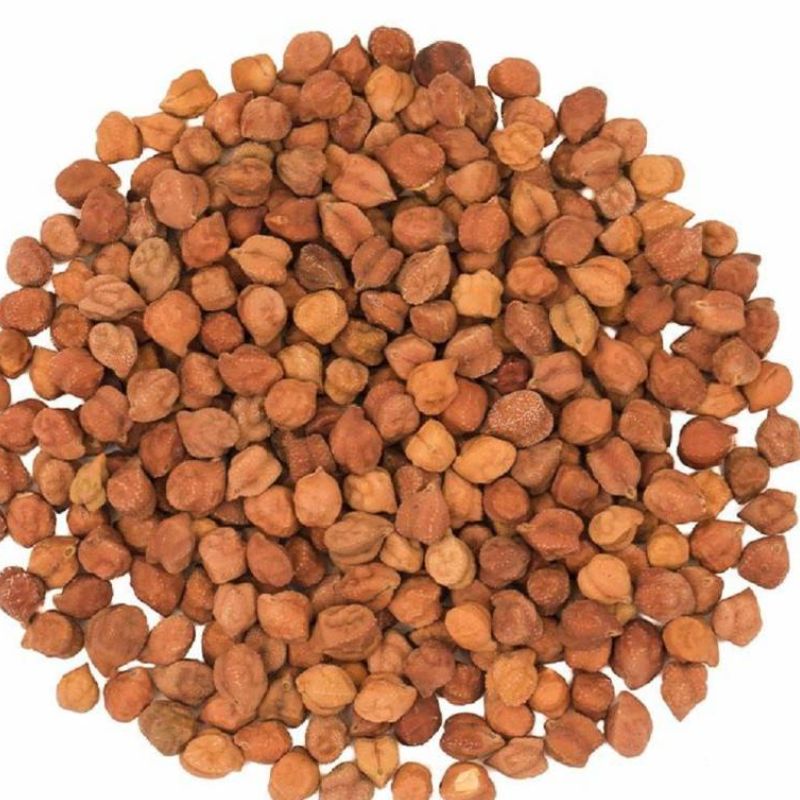

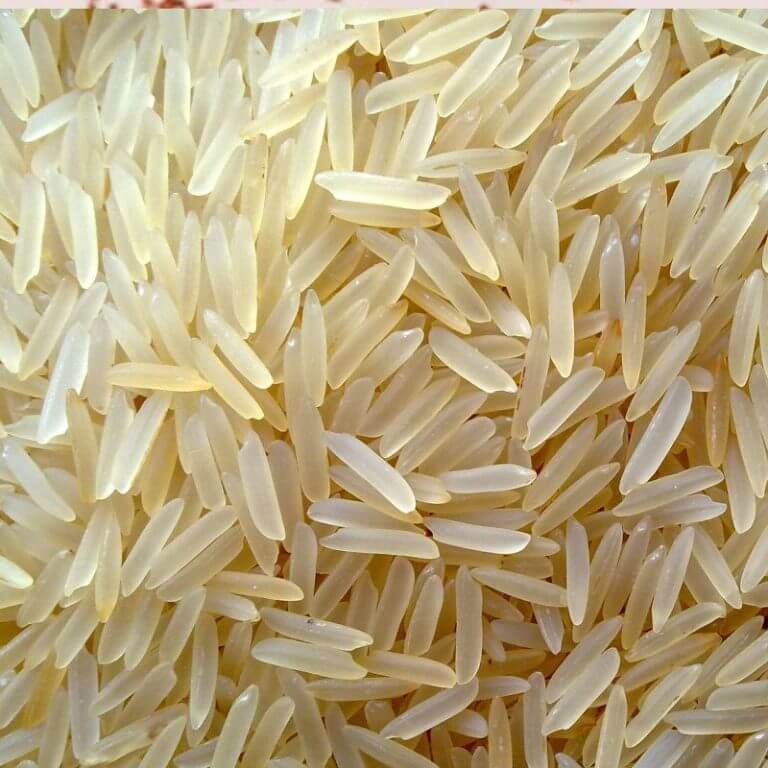
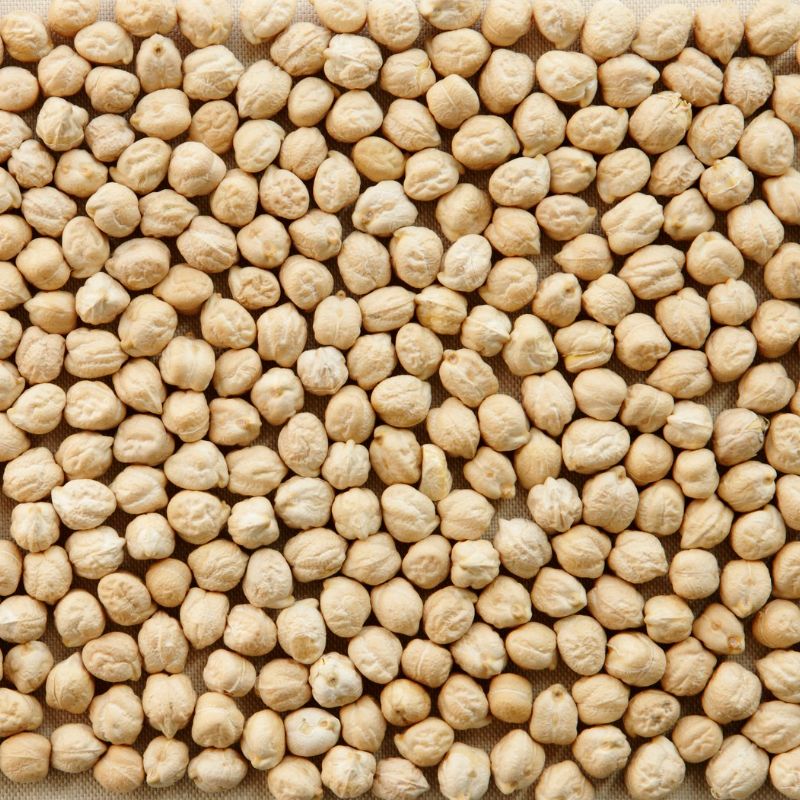
Reviews
There are no reviews yet.